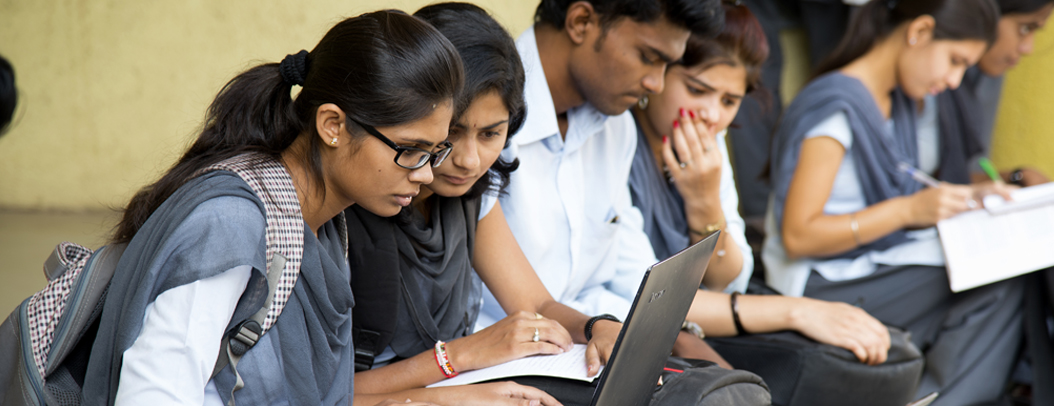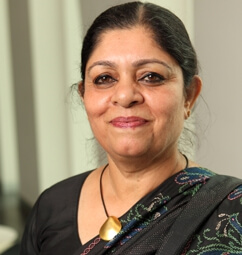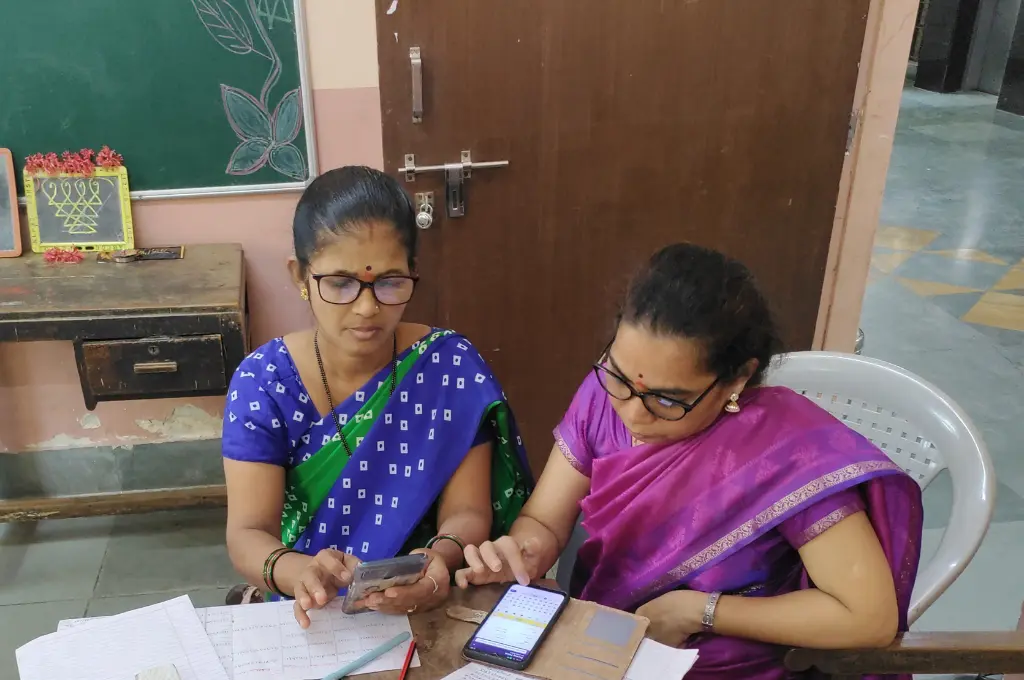At 232 million,1 India’s burgeoning adolescent and youth population (15-24 years) will shape the course of the country’s future. The socioeconomic development of the nation calls for greater investments in this demographic, in order to address their specific needs and inform their choices.
While we often talk about education, skill development, and job opportunities as means of investing in the youth, conversations surrounding their sexual and reproductive health (SRH) needs often take a backseat, owing to regressive social norms, which render the subject taboo.
The fourth National Family Health Survey (2015-16) states that over half of the married women, between 15-19 of age, have begun childbearing. At least 10 percent of women (25–49 years of age) had sex before the age of 15, and 38 percent by the time they were 18. This data is indicative of the need for sex education to promote positive sexual and reproductive health, family planning, and prevent unwanted pregnancies.
A large percentage of young people seek information on sexual and reproductive health through online platforms, many of which feed misinformation.
The Government of India recognises the need to prioritise adolescents’ SRH. The Adolescent Friendly Health Clinics (AFHCs) that have been set up across the country under the National Adolescent Health Programme provide counselling and curative services on several issues including SRH.
But despite these efforts, several reports have highlighted the limitations and barriers adolescents and youth face, which include lack of awareness and reluctance to approach providers because of the fear of stigmatisation and inadequate quality of services.
Entertainment education as a tool for social transformation
Over the years, behavioural scientists and researchers have demonstrated the impact of social norms on health behaviours and how some of the most pressing health problems can be solved by transforming these norms. Social and behaviour change communication (SBCC) experts have used transmedia storytelling as a critical tool to influence behaviours, create awareness, as well as generate and maintain demand for health services. Evidence from countries like South Africa (Soul City), USA (East Los High), India (Main kuch bhi kar sakti hoon- I, A Woman Can Achieve Anything’ (MKBKSH), Mexico, and Brazil have demonstrated the efficacy of edutainment in changing mindsets.
Effective communication needs to be grounded in socio-cultural contexts, and so a holistic 360-degree communication approach, across all communication mediums—television, radio, social media, YouTube, and face-to-face community outreach—has been built into the MKBKSH initiative.
Related article: When real life mimics ‘reel’ life
Leveraging the digital wave to reach out to India’s youth and adolescents
With a surge in consumption of online content in India, riding largely on mobile data usage, a large percentage of young people seek information on sexual and reproductive health through online platforms, many of which feed misinformation.
A 2017 Global Mobile study indicates that 70 percent of digital usage in India is exclusively on mobiles. With 75 percent of its internet users under the age of 35, India has the youngest online population among BRIC countries. Social networks capture the largest percentage of consumers’ time in the region. Facebook continues to be the number one social network with a 28 percent increase in traffic and a reach of 86 percent.2

Source: Wikimedia Commons
Our 360-degree approach recognises the critical role of social media as a prominent channel to reach the intended audience (aged 15-24 years) and aims to enhance it further and deepen audience engagement by using an artificial intelligence (AI)-powered chatbot, hosted on the Facebook page of MKBKSH and on the MKBKSH website.
One of the greatest strengths of an AI powered chatbot is its capacity to optimise responses according to the audience, thus accounting for more effective communication. AI and automation techniques can provide consistent, trusted, personalised information to adolescents on SRH and connect them to resources and services closest to them.
Related article: Logging on for better reproductive health
The MKBKSH chatbot uses the persona of the lead protagonist of the series, Dr Sneha, a female role model, to communicate personalised responses to questions on contraception, young people’s sexual health, and other related issues in an anonymous environment; it also connects viewers to existing resources on the subject.
In order to make the functionality familiar and improve usability among the target audience, the chatbot has been developed in close consultation with adolescent groups and community facilitators.
The pilot and pre-testing revealed that, for the users, the ability to ask personal, specific questions about issues such as menstruation, masturbation, among others, in simple language was extremely powerful.
The non-human interface further enables young people to ask questions they wouldn’t ask of the community health workers.
The non-human interface further enables young people to ask questions they wouldn’t ask of the community health workers; responsibly designed AI can help these young people get the right access to resources they may need. While the early results from the pilot are very encouraging, greater investments to improve the intelligence, knowledge and scale of the service could lead to enormous benefits to the young population.
The future of AI in the developing world
Given its information architecture, the chatbot can also be used in other projects working with youth and adolescents, independent of the broadcast of MKBKSH. The chatbot can help build linkages, connect young people with key national helplines in India as well as direct users to on-ground resources and service providers.
The reach of the chatbot has the potential to be scaled up through the networks of adolescent health programmes of states, multilateral agencies, and civil society organisations.
It can also be used effectively as a tool for peer educators and frontline workers to not just share information, but also track and analyse information seeking behaviour and user responses. This could be very useful in calibrating service delivery as well as giving valuable and objective feedback on gaps and needs in SRH which can be filled through policy changes.
Maximising the use and huge potential of artificial intelligence can help set the benchmark and provide key learnings on the larger objective of making behaviour change communication campaigns relevant for youth and adolescents.
AI powered chatbots are imbibing the content and context of users’ questions and requests, and this technology holds tremendous potential to expand healthcare efforts, including the much-needed access to accurate information, in the remotest parts of the country. It presents a huge opportunity, not to be missed.
- Census 2011
- ibid.






